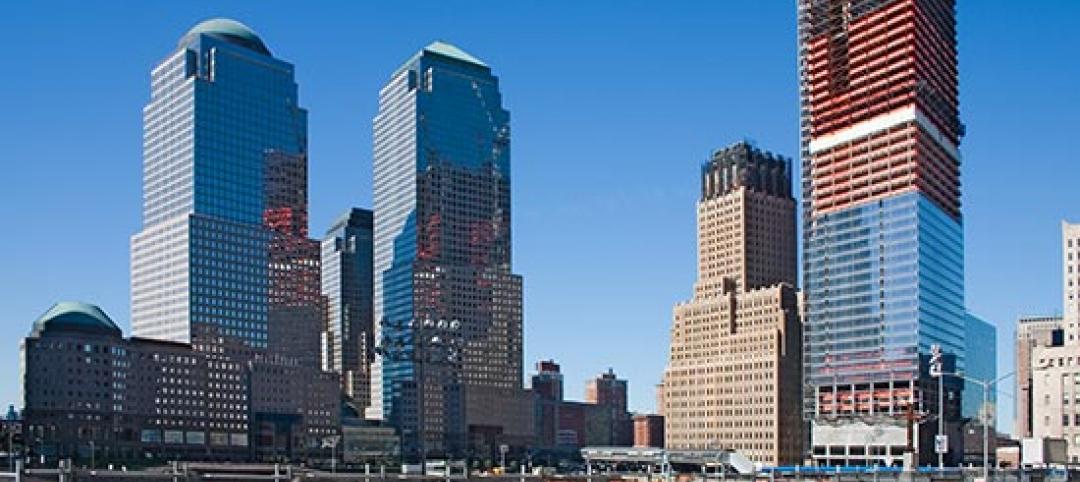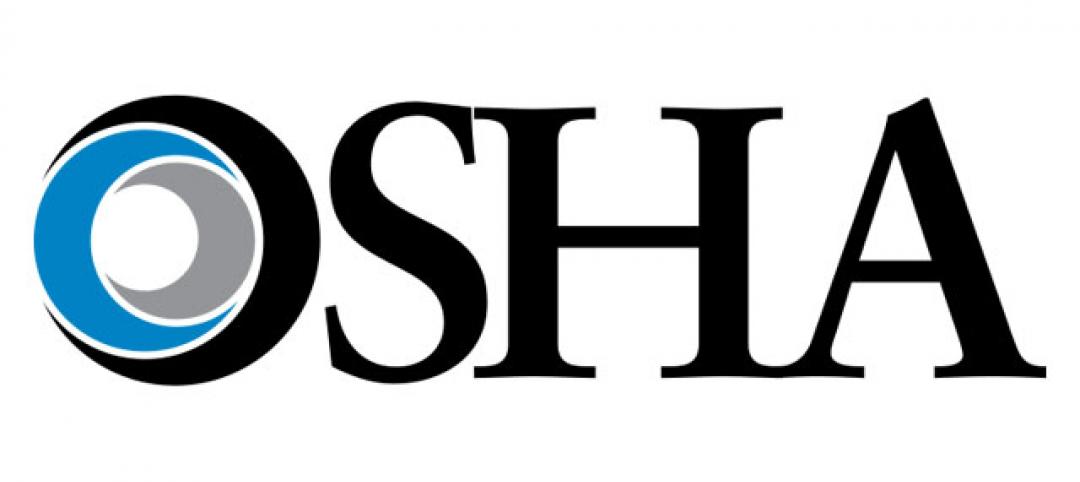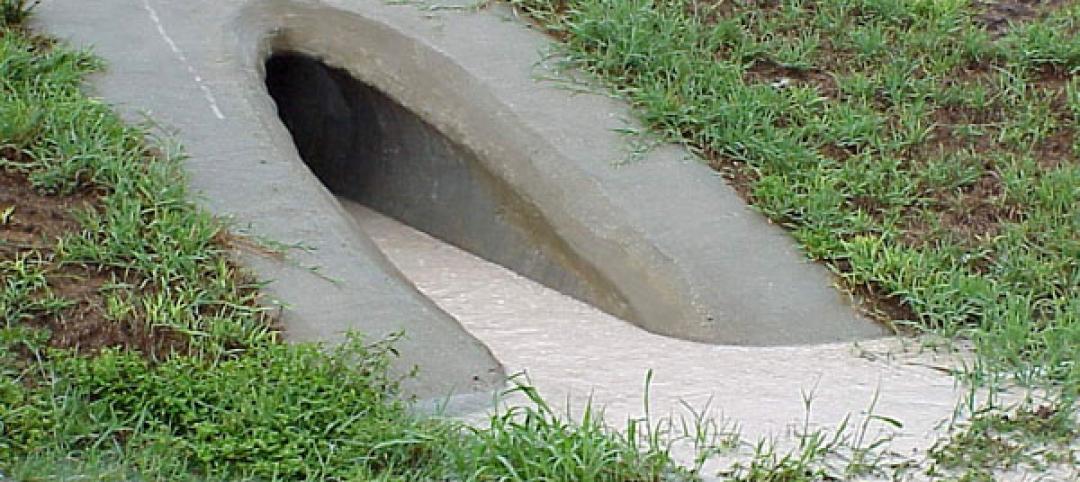Cities, where the urban heat island effect amplifies the impact of global climate change, are going to heat up in the coming decades. If greenhouse gas emissions continue on their current path, the average number of days that feel hotter than 100 degrees in the U.S. will more than double by 2050, according to a recent study.
Many cities around the world are taking action to keep cooler as temperatures rise. Some of the most common strategies are cool streets, cool roofs, and a broader urban tree canopy.
For example, Melbourne is mapping street trees and embarking on massive tree-planting efforts. The Australian city plans to double its canopy cover by 2040.
New York City has coated more than 10 million sf of rooftops with a white, reflective coating over the last decade. In Dallas, an initiative mapped areas that were hottest because of a lack of trees, and then planted trees in these areas along key pedestrian routes such as the paths that children take to school.
Tokyo has coated miles of streets with reflective pavements. Other cities have tested pavement that allows grass to grow through it.
Related Stories
| Dec 12, 2011
DOE makes 2010 ASHRAE energy standard the reference for state energy codes
The U.S. Department of Energy (DOE) issued a ruling that establishes the 2010 American Society of Heating, Refrigerating and Air-Conditioning Engineers’ (ASHRAE’s) 2010 energy efficiency standard as the commercial building reference standard for state building energy codes.
| Dec 1, 2011
Chinese cabinet approves regulation to prevent fraud in construction bidding
China’s State Council approved a regulation to standardize bidding processes for construction and other business-related projects in order to prevent fraud and misconduct.
| Dec 1, 2011
More stringent efficiency codes driving growth in green building industry
Thanks partly to upgraded building codes, the building energy efficiency market will soar more than 50% between now and 2017 to $103.5 billion, according to Pike Research.
| Dec 1, 2011
Safety tracking tool helping prevent injuries at World Trade Center site
Since putting in place their Safety Management Systems Tracking Tool three years ago, risk managers for the World Trade Center project in New York say they've seen workplace injuries, reported hazards, and workers compensation claims decline.
| Dec 1, 2011
OSHA releases new construction safety videos
OSHA released new safety videos to offer both employers and workers brief, easy-to-understand education about construction safety.
| Dec 1, 2011
GSA Region 5 BIM standards could set national agenda in government contracting
Learning how the GSA wants to work with contractors using Building Information Models (BIM) will dramatically improve your odds of winning federal work.
| Nov 23, 2011
Fenestration council seeks committee members
The National Fenestration Rating Council (NFRC) is seeking members for a committee to pursue recognition of its ratings procedures from the American National Standard Institute (ANSI).
| Nov 23, 2011
Obama signs repeal of 3% withholding on government contracts
President Obama signed a bill that repeals a law requiring governments to withhold 3% of payments over $10,000 to contractors.
| Nov 23, 2011
USGBC launches app lab for LEED certification process
The U.S. Green Building Council has released the App Lab, a searchable catalog of third-party apps that are integrated with LEED data.
| Nov 23, 2011
Document gives advice on stormwater runoff management
The report, “Rooftops to Rivers II,” provides tips on how cities can use smart infrastructure and green building design to minimize pollution from stormwater runoff and other wastewaters.

















